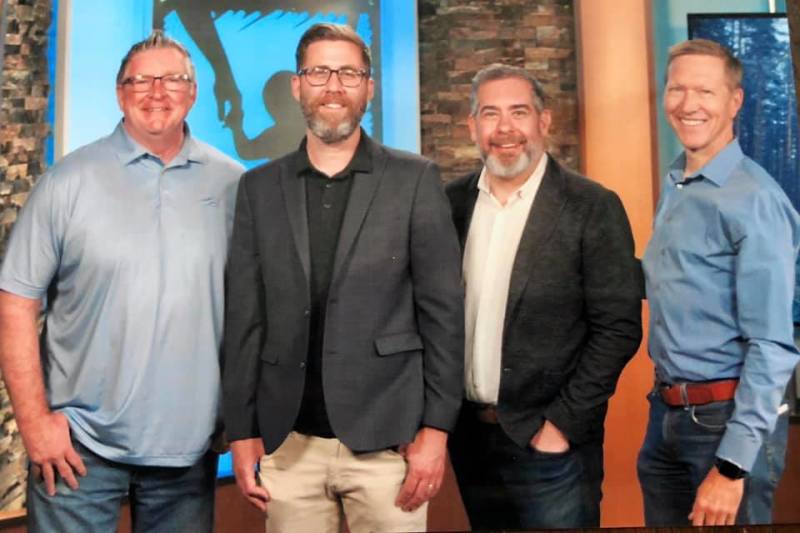
David Kinnaman and Mark Matlock of Barna Group discuss their fourth installment of "Five Essential Conversations About Ministry to the Next Generation," and the importance of addressing mental health when reaching out to younger members of congregations.
Based on research from Barna's largest survey study, "The Connected Generation," only one third of young adults around the world feel "deeply cared for" by those around them, and only one-third of them felt "secure" in who they are. Kinnaman explains how mental health is therefore a real and prevalent issue amongst the next generation of congregants and has only been made worse by the pandemic.
"It is essential that the Church shows up [and] offers meaningful solutions in an era of mental health and anxiety." Kinnaman stated. Matlock continued, explaining, "Globally, young people were feeling these things. The pandemic has only accentuated that... When we were out talking to pastors, we were finding that a lot of them were cutting back on some of their contacts and connections with 20 somethings and those later teens, thinking that during the pandemic, they were probably okay and the most resilient. But they were actually some that needed the most help."
The two Barna leaders thus agreed that in order to best help their younger church members, the Church would need to adapt to the young generations' new way of communicating their struggles. As Kinnaman addressed during the video, "A lot of churches try to rely on what they did on Sunday morning, assuming that would also be good enough for the teenagers, children, [and] young adults... But all this sort of separateness of the way a local church works actually sort of exacerbated some of the isolating effects, especially for younger people."
Matlock concluded by explaining that if the Church wanted to be emotionally connected to its younger members, they would need to be more mindful of their struggles, and how they communicate them.


















